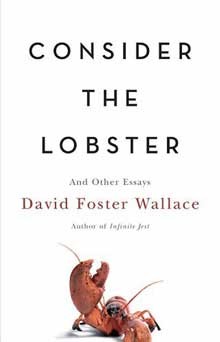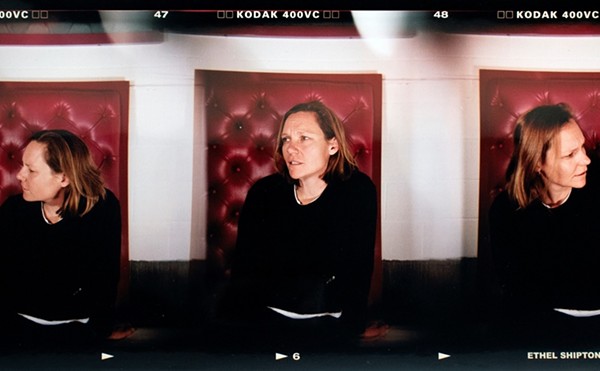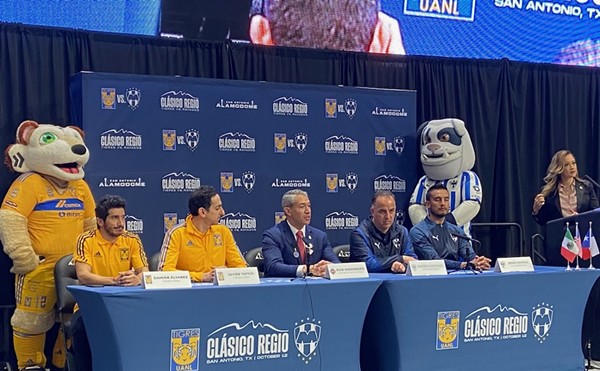David Foster Wallace talks about the challenges of nonfiction and marketing writers
The best disguises are often those worn in plain view. David Foster Wallace seems to understand this notion, because roughly once a year, America’s most intimidating young fiction writer picks up a pencil and goes undercover in the world of cub reporters to show us just how much journalists forget to include in their stories.
He attacks this truth like a hopped-up Doberman in his rabidly intelligent new collection of essays, Consider the Lobster. I caught up with Wallace in New York recently over a plate of sushi and he told me why he has been drawn to this moonlighting gig.
What was your first journalism assignment?
In the early ’90s Colin Harrison at Harper’s had me do a couple of pieces: The first one was the state fair, the next one was the cruise piece. I really kept saying to the Harper’s people, you understand I’m not a journalist, and they’d say, oooh-hoo, good, that’s what we don’t want. Implicit in their saying we don’t want that, it was clear to me there was a whole lot of stuff about journalism that I just didn’t even know, including why somebody might be weary about conventional journalism.
It seems like this book and your last collection of stories, Oblivion, are sister books in a way since they are both thinking about language — the bureaucracies within language, how it’s warped to describe something without naming it — say in politics or corporate life.
Well, maybe. But for me the thing that I like is that the nonfiction and fiction are completely different. They are both hard in different ways. These nonfiction pieces feel to me like the very hardest thing that I do, only because reality is infinite. God only knows what you are jotting. For me, the hardest time of it is the note taking. It disappears. There is so much. Fiction, you are in your head, so you are building the reality you are talking about. Which doesn’t mean that it’s not hard. It just doesn’t feel like standing and watching while a tsunami is bearing down on you, which is how the nonfiction feels to me.
Did you take a blizzard of notes for this book — there are so many acutely visualized scenes that I think, how in the heck did he get all this in there?
I think for me it’s a little bit embarrassing. The first couple ones that I did with Colin, the first one I didn’t even know to take a notebook — I take a notebook to write down what people said — now my credibility is really going through the roof, right? — but it meant I must have really looked strange to people. I wasn’t experiencing the fair, I was kind of locking it down in memory. There is no way to take notes like that — or I would take enough notes so that I would be able to remember, and then — the other thing that is hard about this, is once this thing is over, I am essentially useless for two weeks. Because I have to do this right after it’s done or I can’t. It’s like eating a whole lot and going to the vomitorium.
| Consider the Lobster (And Other essays) By David Foster Wallace Little, Brown $25.95, 352 pages ISBN: 0316156116 |
And yet fiction is still primary for you?
Well, it’s what’s interesting about us. If fiction has any value it’s that it lets us in. I mean, look, you and I can be pleasant to each other, but I will never know what you really think, and you will never know what I am thinking.
I know nothing about what it’s like to be you. As far as I can tell, whether it is avant-garde or realistic, the basic engine of narrative art is how it punctures those membranes a little.
I feel like reading this book I’ve learned more about you as a person — rather than as a persona — than any other book I’ve read by you. You show yourself in a town and who you go to church with ...
I think that’s the only one. I mean, the whole memoir thing — I just don’t know anything about it. Have you written stuff about your own life?
Yeah, it’s really weird.
I think for the most part I’m well aware that a lot of this stuff just isn’t interesting. Um, probably I also think to the extent that I understand the marketing of a book in the literary world, I understand that in the last 20 or 30 years there’s been a bit of a change. Marketing writers as people is like a low-budget reality TV — or celeb-reality. It’s, well, it’s a very shrewd use of publishing’s very limited advertising dollars. But there is stuff about it, particularly in the case of people — they are regular civilians, they are not beautiful people; if they have any personal background they were exceptionally deprived, or they were just exceptionally nerdy; much of their daily life consists of sitting alone reading and writing. The amount of distortion that’s required to make those lives interesting? It seems silly to me. •
Text and interview by John Freeman

















